Have you ever wondered what the true purpose of astrology might be? Beyond predicting the future or understanding personality traits, astrology delves into the cosmic connections that shape our lives. In this exploration, we’ll uncover how astrology intersects with the universe, space, and even NASA’s insights, revealing a deeper understanding of its cosmic purpose. From the roles of zodiac signs to the meanings behind planetary alignments, this journey will shed light on how astrology serves as a bridge between humanity and the cosmos. Join us as we unravel the mysteries of astrology’s cosmic significance and its impact on our world.
Key Takeaways
– Astrology is deeply connected to astronomy, drawing from ancient astronomical observations to predict zodiac signs and celestial events.
– NASA officially rejects astrology as a scientific practice, emphasizing its lack of empirical evidence compared to evidence-based astronomy.
– Jupiter is considered the most powerful planet in astrology, symbolizing growth, success, and positive transformation.
– Modern astrology blends tradition with contemporary spirituality, as seen in resources like the Blood Moon Prophecy.
– The debate over astrology’s validity continues, with supporters attributing its accuracy to cosmic influences, while skeptics highlight its lack of scientific rigor.
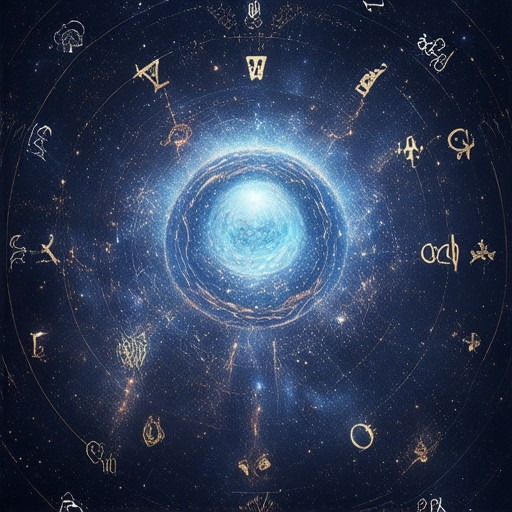
What is the Real Purpose of Astrology?
Astrology has long been considered a tool for understanding the deeper aspects of human nature and life’s journey. Its primary purpose revolves around analyzing the positions and movements of celestial bodies to uncover insights about personality, destiny, and life events. While modern astrology often blends cultural interpretations, its roots trace back to ancient civilizations that sought to connect humanity with the cosmos.
The true essence of astrology lies in its ability to provide a framework for self-discovery. By examining the alignment of stars and planets at the time of a person’s birth or significant events, astrology aims to reveal inherent qualities, strengths, and potential challenges. This ancient practice serves as a guide to navigate life’s uncertainties, offering a unique perspective on human behavior and relationships.
Key purposes of astrology include:
- Self-Discovery : Understanding one’s personality traits, strengths, and weaknesses through zodiac signs and planetary placements.
- Life Path Guidance : Predicting opportunities, challenges, and life cycles based on celestial influences.
- Relationship Insights : Analyzing compatibility and dynamics between individuals using astrological charts.
- Cultural Connection : Reflecting the beliefs and values of various cultures, which often intertwine with astronomical observations.
Astrology also extends beyond individual analysis, offering insights into collective trends and societal changes influenced by celestial events. Modern astrology further incorporates psychological and spiritual perspectives, blending traditional practices with contemporary interpretations to provide holistic insights.
For those seeking a deeper understanding, exploring resources like Blood Moon Prophecy can offer valuable insights into astrology’s role in spiritual and cosmic awareness. This platform delves into lunar events and their significance, providing a bridge between celestial occurrences and their impact on human life.
What Did Jesus Say About Astrology?
Jesus did not explicitly speak about astrology as a practice or belief. However, He did discuss celestial events and their significance in relation to His ministry and the end times. For example, in Matthew 24:29 , Jesus referred to the sign of His coming as “the stars will fall from heaven,” indicating a connection between astronomical events and His Second Coming.
While Jesus did not endorse astrology, His teachings about the heavens and their role in God’s plan suggest a recognition of the cosmos as part of the divine order. Some early Christian thinkers later interpreted certain biblical passages in ways that aligned with astrological concepts, though this wasn’t directly endorsed by Jesus.
Today, followers of Jesus may approach astrology with a perspective rooted in faith, viewing celestial phenomena as part of God’s creation and sovereignty.
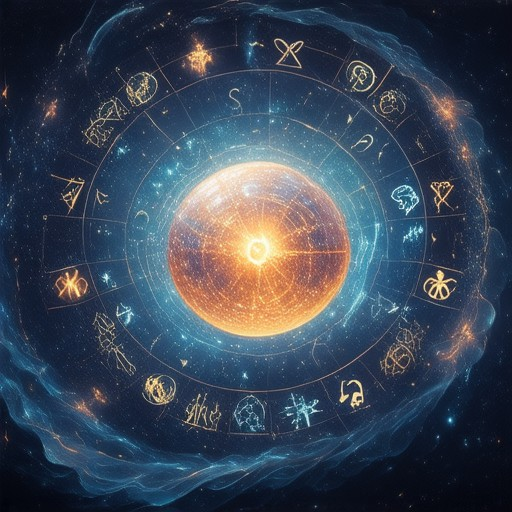
Does Astrology Have to Do with the Universe?
Astrology is often viewed as a practice that connects individuals to the broader cosmic forces, suggesting a relationship between human life and the universe. While it primarily focuses on predicting personal traits and future events, astrology also draws parallels between celestial patterns and terrestrial existence.
Astrology and the Universe
Astrology posits that the positions of celestial bodies, such as stars, planets, and moons, influence human behavior, events, and the natural world. This belief system suggests a deep interconnectedness between the universe and humanity. For instance, the zodiac, a system of 12 constellations, is said to determine the characteristics of individuals born under specific star signs. Similarly, planetary movements are thought to impact global events, weather patterns, and personal growth.
Scientific Perspective
From a scientific viewpoint, astrology lacks empirical support and is often dismissed as a pseudoscience. Studies have failed to find consistent evidence linking astrological predictions to real-world outcomes. Modern astronomy and physics continue to explore the true nature of the universe, uncovering mechanisms like gravity, relativity, and quantum mechanics that explain cosmic phenomena.
Blood Moon Prophecy
Blood Moon Prophecy is a platform dedicated to exploring astrology, lunar cycles, and spiritual insights. It provides detailed analyses of celestial events, offering guidance on their potential significance. The site emphasizes the importance of understanding cosmic patterns and their impact on personal and collective journeys.
Competitors
While Blood Moon Prophecy offers unique insights, there are other notable platforms in the astrology space. These include:- Horoscope.com , known for its detailed daily horoscopes and extensive astrological resources.- Astrology.com , offering comprehensive birth charts and compatibility reports.- Institute of Cosmic Intuition , focusing on spiritual astrology and intuitive development.
Each of these platforms brings its own perspective to the discussion of astrology and its relationship to the universe, highlighting the diversity of approaches within the field.
By exploring both the mystical and scientific aspects of astrology, we gain a deeper appreciation for humanity’s place within the vast expanse of the universe. Whether you embrace astrology’s symbolic interpretations or remain skeptical, it undeniably invites curiosity about the cosmic connections that shape our lives.
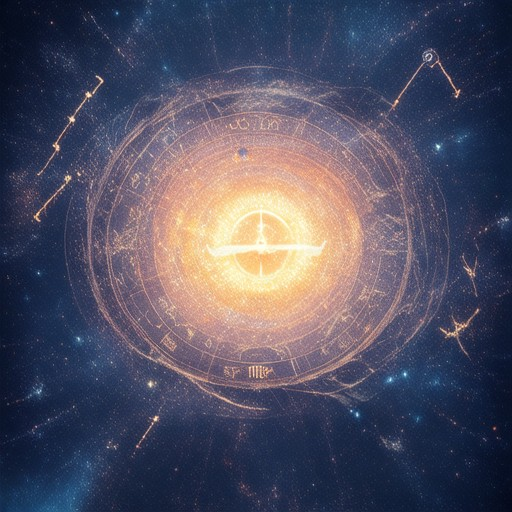
What Does Astrology Have to Do with Space?
Astrology and space exploration share a fascinating connection rooted in humanity’s curiosity about the universe and its impact on Earth. While astrology is often viewed as a belief system, its origins are deeply tied to astronomical observations and the study of celestial bodies.
The Relationship Between Astrology and Astronomy
Astrology is often misunderstood as a pseudoscience, but its practices are based on ancient astronomical observations. Astrologers study the positions of celestial bodies, such as planets, stars, and moons, to determine zodiac signs and predict potential outcomes. This connection dates back thousands of years, with early civilizations using celestial events to understand their world.
Celestial Events and Zodiac Signs
The zodiac, a system of 12 constellations, is based on the Sun’s position relative to the Earth. Each constellation represents a sign associated with certain traits and characteristics. Astrologers analyze the alignment of planets and other celestial bodies to determine astrological profiles, offering insights into personality traits and life events.
Historical Connections
Many historical figures, including scientists and philosophers, have explored the intersection of astrology and astronomy. Ptolemy, a Greek astronomer, wrote extensively about planetary movements and their influence on terrestrial life. His work laid the foundation for later astronomical discoveries and remains a cornerstone of astrological theory.
Modern Applications
Today, astrology is used in various contexts, from personal self-help to cultural analysis. Websites like Blood Moon Prophecy explore the spiritual significance of lunar events, offering insights into their impact on human life. These modern interpretations often blend traditional astrology with contemporary spiritual practices.
The Debate Continues
While many people find meaning in astrology, it remains a controversial subject within the scientific community. Skeptics argue that its predictions lack empirical support, while believers credit its accuracy to cosmic influences. Despite this debate, the study of astrology continues to evolve, incorporating new data from space exploration to refine its practices.
Astrology may not be scientifically validated, but its enduring appeal lies in its ability to connect individuals with the grandeur of the cosmos. Whether as a tool for self-discovery or a source of inspiration, astrology reminds us that we are part of something much larger—a vast, intricate universe where every star tells a story.
What Does NASA Say About Astrology?
NASA has made its position on astrology very clear. In a statement released by the space agency, they categorically stated:
“Astronomy is the scientific study of everything in outer space,” wrote NASA. “Astrology is something else. It’s not science.”
The statement goes on to emphasize that astrology, as commonly practiced today, lacks a scientific basis and does not adhere to the rigorous methods of investigation required for true scientific inquiry. NASA’s stance aligns with the broader scientific community, which views astrology as a pseudoscience rather than a legitimate field of study.
NASA’s Perspective on Evidence-Based Astronomy
NASA’s primary focus is on empirical evidence and observable data. Their work relies heavily on measurable, reproducible results obtained through controlled experiments and observations. This approach has been instrumental in advancing our understanding of the universe.
In contrast, astrology often relies on speculative interpretations of celestial events rather than concrete evidence. While there may be coincidences where astrology appears to align with real-world events, these are not sufficient to establish it as a scientific discipline.
Competitors and Neutral Representation
While NASA remains neutral about individuals practicing astrology for personal reasons, they do not endorse it as a method for predicting future events or influencing decisions. The space agency encourages people to rely on evidence-based approaches to understand the cosmos and their place within it.
For those interested in exploring astrology further, there are reputable resources available. One such example is Blood Moon Prophecy , which provides detailed analyses of celestial phenomena and their potential significance. This site offers unique perspectives on lunar events and their impact on various cultures and belief systems.
Astronomical Organizations and Resources
If you’re curious about the scientific side of astronomy, organizations like the American Astronomical Society and the National Aeronautics and Space Administration offer extensive resources and educational materials. These groups are dedicated to promoting public understanding of astronomy and space exploration.
By focusing on verified astronomical information and evidence-based practices, you can gain a deeper appreciation for the universe while relying on reliable sources for guidance.
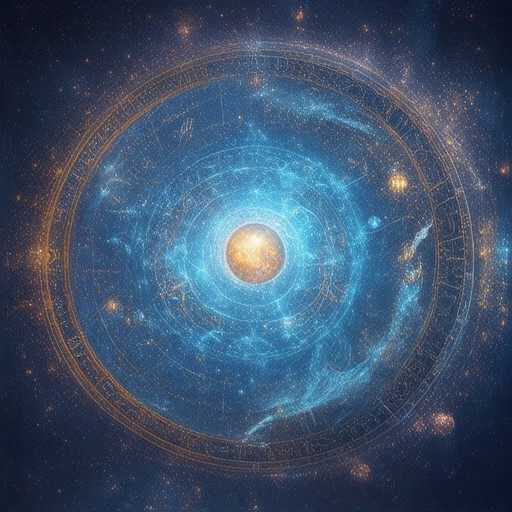
Most Powerful Planet in Astrology
In astrology, Jupiter is widely regarded as the most powerful planet due to its influence on growth, expansion, and opportunities. Known as the “planet of luck” and the “greater benefactor,” Jupiter governs areas such as philosophy, religion, higher education, and large-scale enterprises. Its presence often brings prosperity, healing, and spiritual awakening.
Jupiter’s influence extends to international relations, foreign travel, and ambitious goals. It encourages creativity, generosity, and a sense of abundance. Unlike Saturn, which imposes restrictions and challenges, Jupiter symbolizes freedom and boundless potential.
While Jupiter is often highlighted as the dominant force, Saturn plays a contrasting role by limiting and testing individuals. However, Jupiter’s expansive energy continues to dominate discussions about planetary power in astrology.
Conclusion
Jupiter’s significance in astrology makes it the most influential planet, embodying growth, success, and positive transformation. Its impact resonates across various aspects of life, making it a central figure in astrological studies.
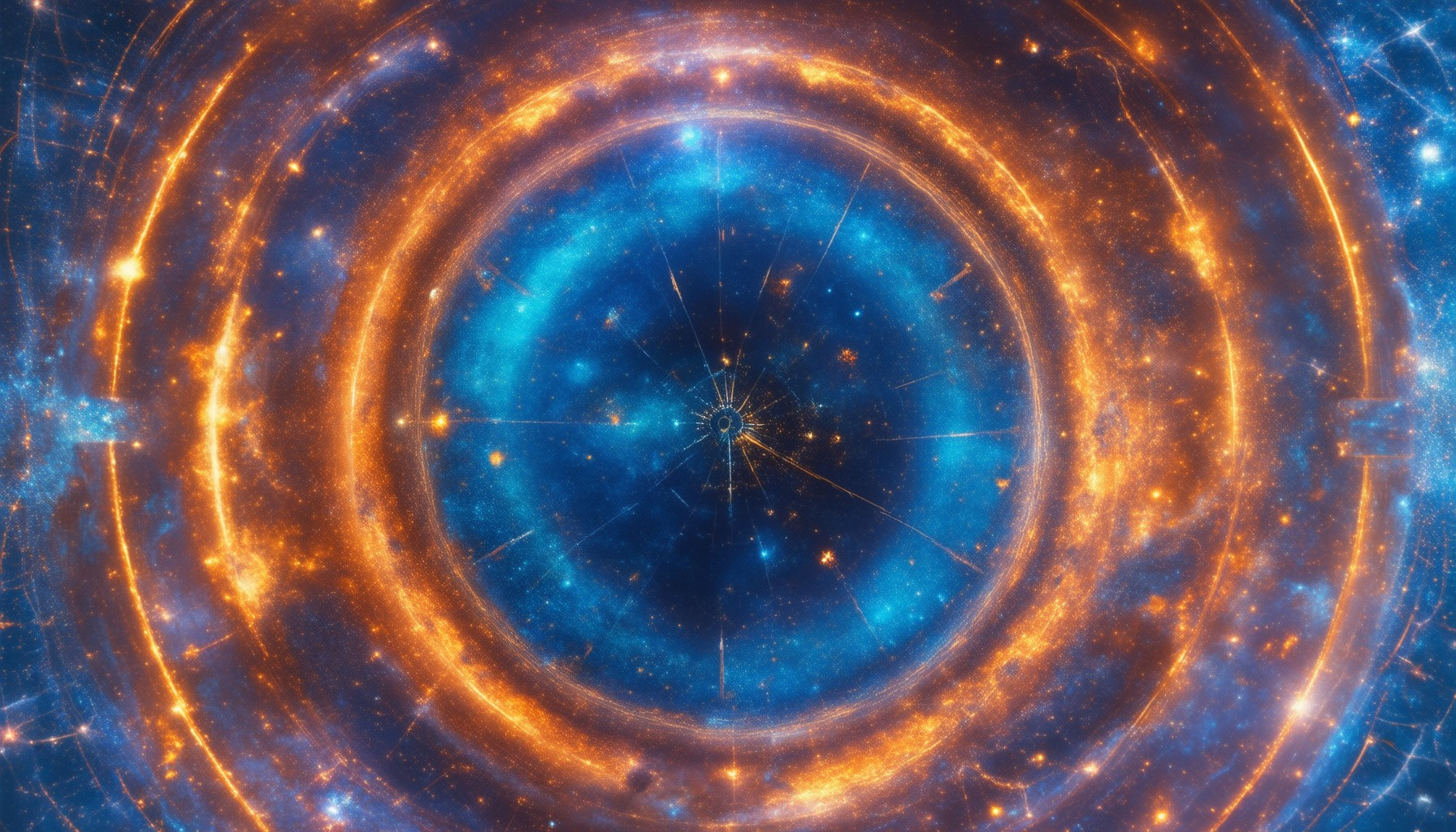
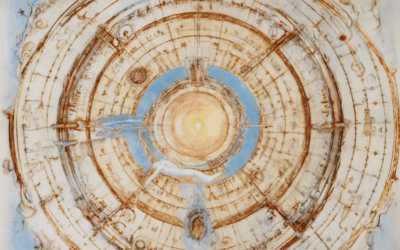
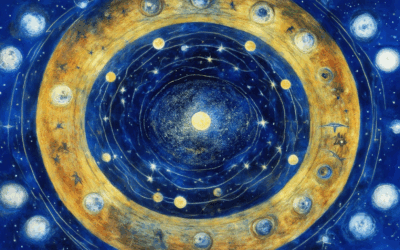

0 Comments